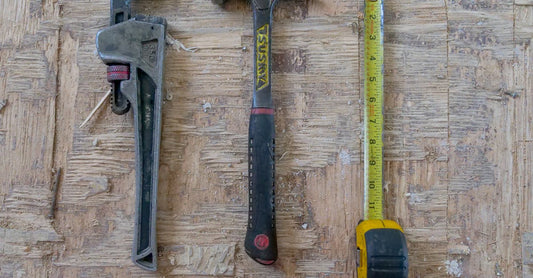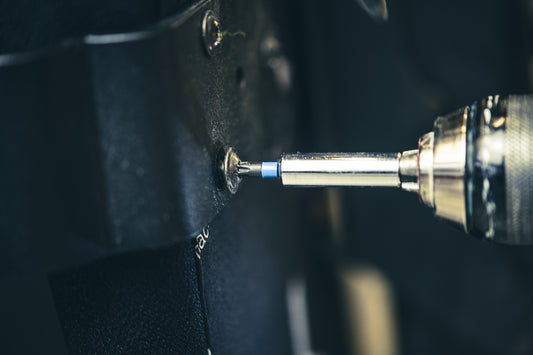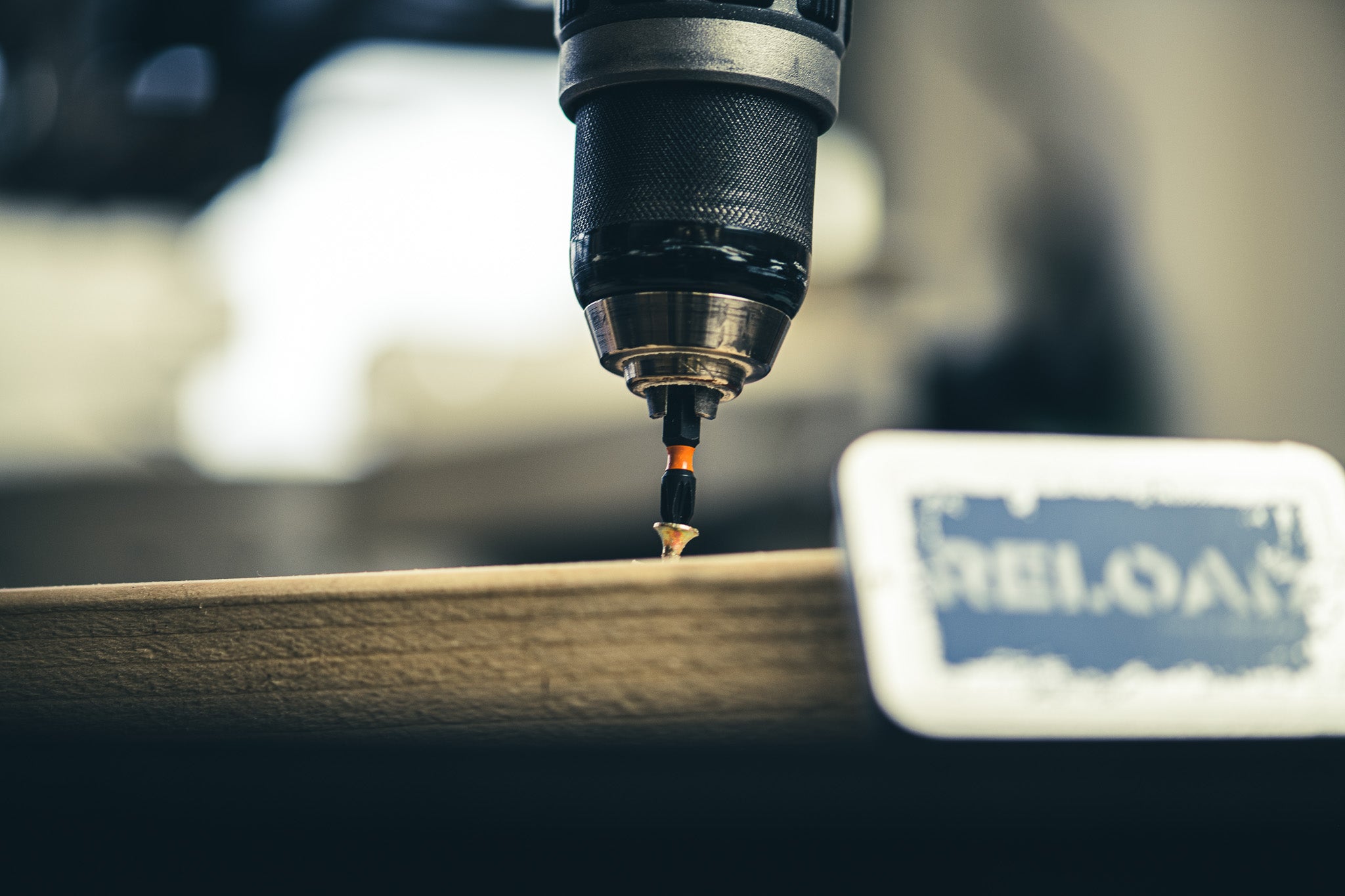Jouls Law
Noun
A physical law that states the rate of heat transfer is proportional to the temperature difference between two objects.
Example usage: 'The Joule's Law states the rate of heat transfer is directly proportional to the temperature difference between two objects.'
Most used in: Construction projects in cold climates.
Most used by: HVAC technicians, electricians, and other trades people.
Popularity: 8/10
Comedy Value: 3/10
Also see: Ohmic heating, Joule heating, Resistive heating, Electric heating,
What is Joule's Law?
Joule's Law is a physical law that states the amount of heat generated by an electric current is proportional to the resistance of the material it passes through and the square of the current. It is also known as the Joule-Lenz Law and is named after James Prescott Joule, a British physicist who formulated it in 1841.
The law is expressed as Q = I2R, where Q is the heat energy generated (measured in joules), I is the current (measured in amperes) and R is the resistance (measured in ohms). This means that if the current is doubled, the heat generated will increase by four times. Similarly, if the resistance is doubled, the heat energy generated will double.
Joule's Law is an important concept in electrical construction, as it helps electricians understand how much heat is generated by a current and how to control it. Electricians can use the law to calculate the amount of heat generated by different wiring configurations and use this information to design safer and more efficient electrical systems.
Joule's Law is also used to calculate the efficiency of electrical systems. By understanding how much heat is generated and how much power is lost due to resistance, electricians can design systems that are more efficient and cost-effective.
The Origin of Joule's Law
Joule's Law, or the Joule-Lenz Law, is a fundamental law of physics that states the relationship between heat and electrical current. It was first formulated in the mid-19th century by British physicist James Prescott Joule. Joule conducted experiments to measure the heat generated by electrical currents in various materials, and in 1841 he published his findings in a paper titled 'On the Mechanical Equivalent of Heat.'
The law was initially known simply as Joule's Law, but it was later renamed the Joule-Lenz Law in honor of German physicist Heinrich Friedrich Emil Lenz, who formulated a similar law independently in 1842. The Joule-Lenz Law is the basis for the modern understanding of electrical power, and it is used extensively in the field of electrician construction.
Joule's Law has been a cornerstone in the field of physics since its first formulation in the mid-19th century. It is a fundamental law of physics that is still used today in the field of electrician construction.




